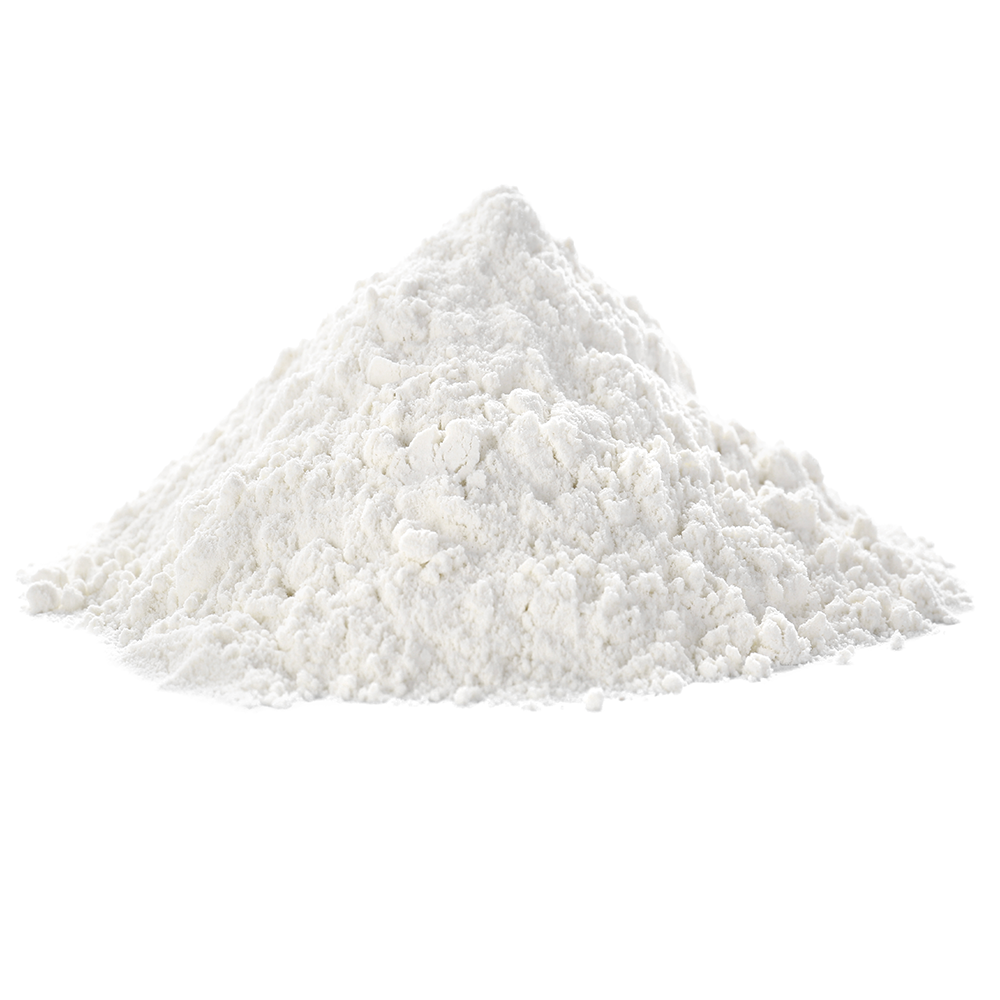From granola bars, cereal and chips to smoothies, yogurt and cheese, you can’t swing a squirrel without knocking into a pre-packaged item in the grocery store that is not touting the grams of protein contained within it (not that we advocate swinging squirrels, we love you PETA!). Protein is strutting around the nutrition house proud as a peacock these days. The popular diets from the 1990’s to early 2000’s such as “The Zone”, “Atkins” and “The South Beach Diet” are now re-purposed and re-fashioned into the Paleo, Caveman, Mediterranean and Keto Diets. For decades it has been ingrained into our minds that high protein and low carb is the way to lose weight and to keep it off. (Bread is our enemy: when consumed we should be crying into our pillow filled with self-loathing and shame). This way of thinking has been adopted by not only dieters but as a societal norm. It has to change!
These diets may be successful, but finding a lifestyle of healthy eating instead of crash dieting (which can have a rebound-effect resulting in weight gain) is the productive path to take. Protein is a good thing but like most good things in life, too much of it can be harmful.
The Risks of Consuming Too Much Protein
#1 Strain on Your Kidneys
Especially for those who are already struggling with kidney issues, a high intake of protein on a consistent basis places a great strain on your kidneys and can lead to dehydration. When protein metabolizes in your body it leaves behind nitrogen and waste products that your kidneys, if damaged to begin with, have to work harder to cleanse out of your system.
#2 Heart Disease
When “Dr. Atkins New Diet Revolution” was originally published in 1972, it wasn’t met with great enthusiasm until over two decades later. Dr. Atkins formula for losing weight caught on like wildfire across the world. People lost weight. A lot of weight. Unfortunately a diet is not a way to eat consistently for a long period of time without your body suffering some harmful consequences. A large intake of protein, especially from red meat, has been shown to increase heart disease (especially in middle-aged men)3.
A study performed with mice revealed that a high protein diet can lead to 30% higher arterial plaque build-up. This type of arterial plaque is considered “unstable” plaque because it is thin and can break off the walls of the arteries leading to possible heart attack5.
#3 Increased Cancer Risk
New studies are coming out in well-respected journals across the globe that are concluding that depending on what type of protein you are consuming, high-protein diets can have an increased risk of cancer4. We have to remember that all proteins are not created equal.
Many vegetarians get asked the question: “How do you get enough protein if you don’t eat meat?” This is a common misconception with carnivores. Many people don’t realize the amount of plant-based proteins which can be substituted for animal-based protein. Plant-based protein can be easier on the heart and other organs as well like the liver and kidneys.
The Healthy Path Forward
When it comes to your daily intake of protein one has to look at it on an individual basis to see what is best for your body and lifestyle. Comparing the protein needs of a bodybuilder to an Atkins dieter who is looking to lose 100lbs., would be comparing apples to oranges. Knowing the proper amount of protein you need each day is an important fact to uncover for your health goals. If you are dieting in order to hit a target weight goal and your protein intake is higher for a definitive period, that is different than a consistent high protein way of eating. Once you are in a maintenance phase of eating, your protein and its source should remain consistent and at a reasonably low rate.
References
- Are There Risks Associated with Eating Too Much Protein?, https://www.healthline.com/health/too-much-protein.
- Can You Eat Too Much Protein?, https://health.clevelandclinic.org/can-you-eat-too-much-protein/.
- High-Protein Diets May Slightly Increase The Risk Of Heart Disease, https://www.forbes.com/sites/alicegwalton/2018/05/29/high-protein-diets-may-slightly-increase-the-risk-of-heart-disease/?sh=319c7ce25b1e.
- Red Meat Consumption and Mortality, https://jamanetwork.com/journals/jamainternalmedicine/fullarticle/1134845.
- How high protein diets may increase heart attack risk, https://www.medicalnewstoday.com/articles/high-protein-diet-atherosclerosis-mouse-study.








